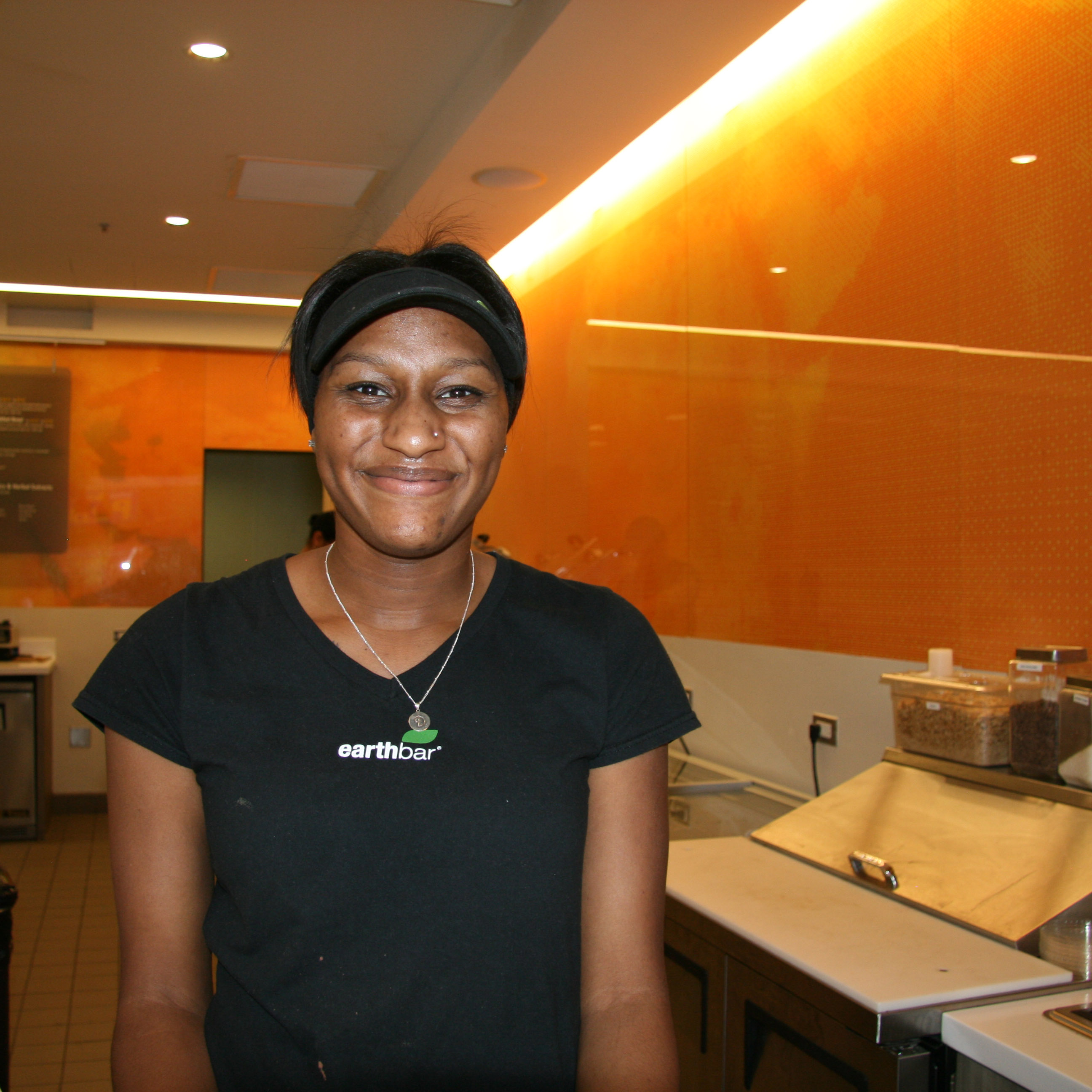In Tune With One Another
Communication Through Music.
Many would claim that music is the universal language. Everyone understands what music is and everyone has heard it in one form or another. Although it differs from region to region and moves in different patterns, all notes sound the same in every part of the world.
Researchers from two Canadian universities, McGill University and University of Montreal, traveled to the rainforests in central Africa to play particular musical compositions to 40 Mbenzélé Pygmies, an isolated tribe in the Congo, and further study their emotional and physiological responses.
Those results were then compared to the responses of 40 Montreal residents to the same melodies and it was found that music caused similar feelings in both groups.
Like English guitarist Robert Fripp once said, “Music is the wine that fills the cup of silence.”
Unlike language, music expresses emotions that can’t be expressed by words. Music enables the listener to simultaneously trigger happiness and sadness. It can make one feel regretful but also hopeful. It plays with emotions with great care.
Charles Darwin proposed the assumption that communication through music came before communication with language. His theory was known as the proto-music theory. This claim suggests that music is older and more instinctual to humans than speech.
In big cities, we can see music as a thread that brings together a diverse group of people. Los Angeles is saturated with diversity and still stands as one of the most successful music-producing locations in the world.
I traveled to the financial district on Bunker Hill to discover what exactly music means to everyone.
Standing firm at the corner of Bunker Hill is the glistening building known as the Walt Disney Concert Hall. With it’s glaring metallic coating and erotically disfigured yet perfect architecture, this building is the home to some of the most incredible music that being produced in the Los Angeles area. Here, the L.A. Philharmonic performs several days out of the week.
It acts as a magnet for those who seek structured musical performances, or so I thought. As I began to talk to those walking outside of the concert hall, I slowly realized that the variety of music-lovers was greatly satisfying.
Even though the hall leaks classical genres, it attracted musicians tied to all types of music.
I spoke with Anthony Brown who claimed that music is a way of expression. As a graphic design major at CSFU, he spoke eloquently on the analysis of music. Not only was he able to tell me what his favorite genre is, but he was able to tell me why.
"I’ve always listened to Reggae,"" he proclaimed. “but I feel like I really understand rap.” He giggled as he found great humor in his irony.
Anthony grew up in the suburbs of Thousand Oaks, California. According to him, he was very sheltered and “locked in” by his parents.
“If my parents heard me listening to rap, they would have killed me.”
Surprisingly, he began listening to reggae and slowly became addicted to the sound he was hearing.
“I honestly have no idea how it’s possible but I know rap just like I know reggae.”
Anthony’s ability to digest and read these two very different genres of music proves that all music is connected.
It is a language made up of the same eight notes. They are C-D-E-F-G-A-B-C. It does not matter how much a song seems to differ from the sound of anther song. They are all made up of the same note. They are all made up of the same words.
In language, there are differing words. Whereas music is always composed of the same “words,” language will always differ in dialect, accent and pronunciation.
Once a community has a common way of communication, there is much more collaboration. Much of the conflict that exists within a community sprouts from differences and varying traditions or ways of life.
In addition, without a common ground of understanding, there is little hope of resolution. Fortunately, music ties those loose ends.
Albert Canto, a student at The Colburn School of performing arts says that music offers the ability to communicate in a way that you would not be able to with words.
“It is very unique and very special,” he says.
Music has been known in the past as medicinal, particularly to those who have lost their memory. Music and memory are long-time companions.
Undoubtedly, without music there would be great loss in the world. Music adds thrill to an action scene in a move. Music makes someone fall in love. Music makes people think deeper than they would without it.
Most importantly, music creates a physical and spiritual connection between humans and that which we cannot touch. Music solidifies feelings and emotions we cannot always articulate and express.
As albert Einstein once said, "If I were not a physicist, I would probably be a musician. I often think in music. I live my daydreams in music. I see my life in terms of music."

